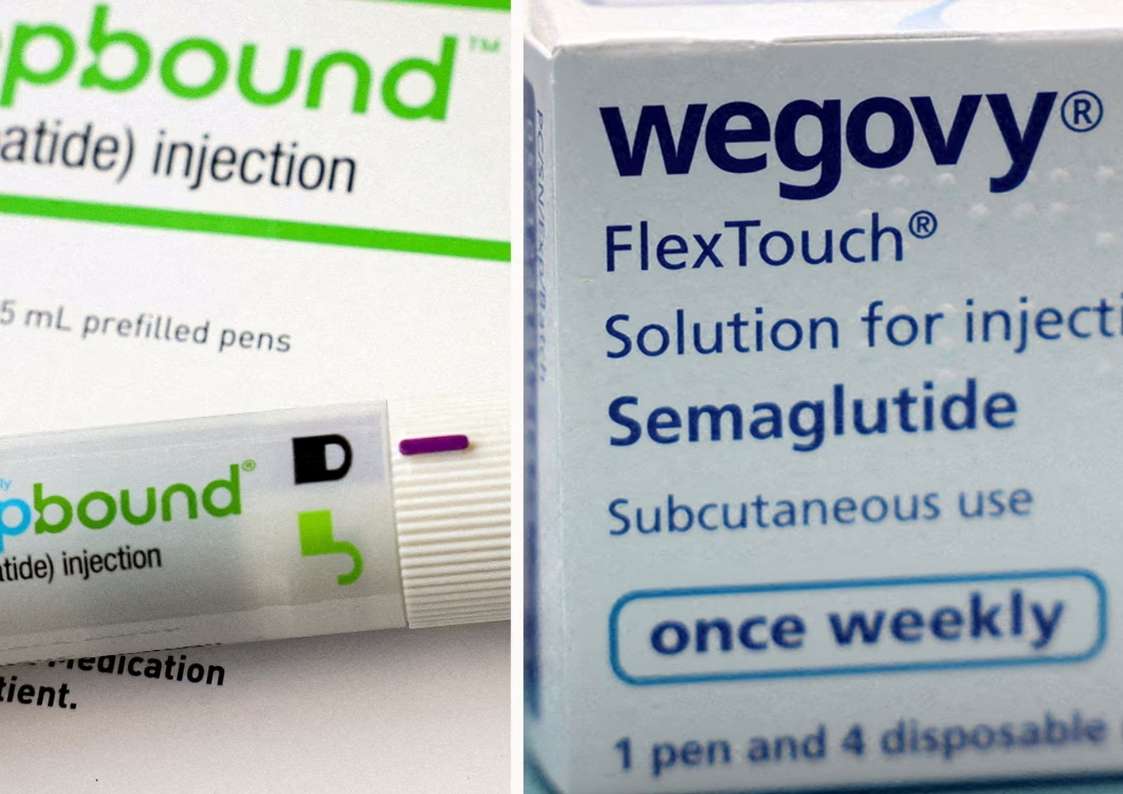GENEVA, Switzerland: In a major global health development, the World Health Organization (WHO) has added GLP-1 receptor agonists, including the active ingredients found in Novo Nordisk’s Ozempic and Eli Lilly’s Mounjaro, to its latest Model List of Essential Medicines. The move is aimed at making these high-demand but costly drugs more accessible worldwide, especially in low- and middle-income countries where affordability has long been a barrier.
The inclusion marks a turning point for patients struggling with type-2 diabetes combined with cardiovascular disease, chronic kidney disease, or obesity. However, WHO has clarified that these medicines are not yet recommended solely for weight loss, keeping its stance consistent with earlier decisions.
This year’s revision expanded the essential medicines catalogue to 523 treatments for adults and 374 for children, with new entries covering cystic fibrosis therapies, innovative cancer treatments, and rapid-acting insulins. Among them are groundbreaking drugs like Trikafta for cystic fibrosis and Keytruda for advanced cancers.
Experts believe that listing GLP-1 drugs as essential will open doors for generic production, especially as patents approach expiry in several countries. This could drastically reduce costs and allow millions of patients worldwide to gain access to life-saving treatment options previously out of reach.
WHO health officials have called the update a bold step towards health equity, ensuring that essential, evidence-based treatments are no longer confined to wealthy nations but available to all who need them.
This story has been reported by PakTribune. All rights reserved.



